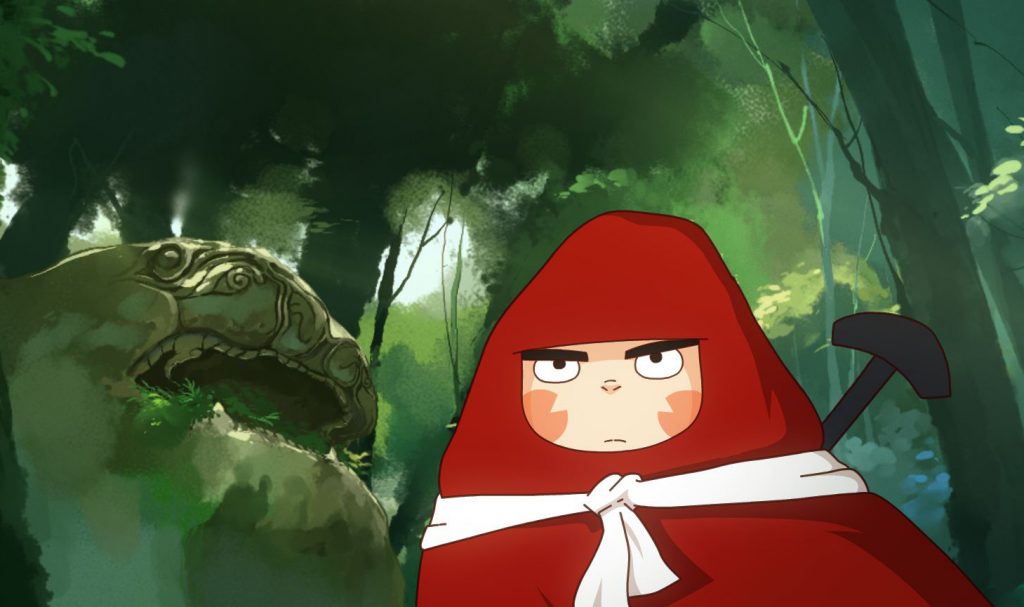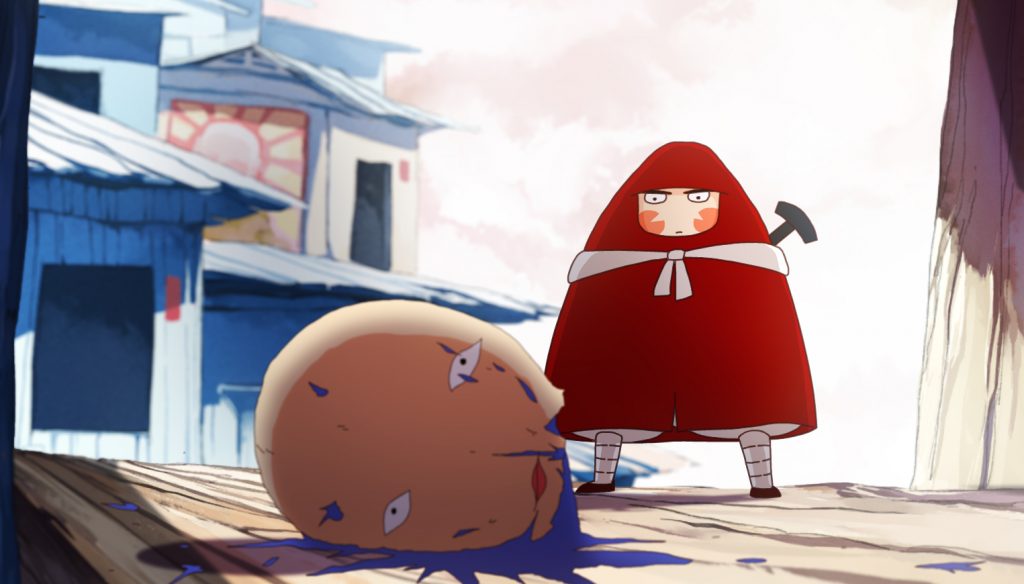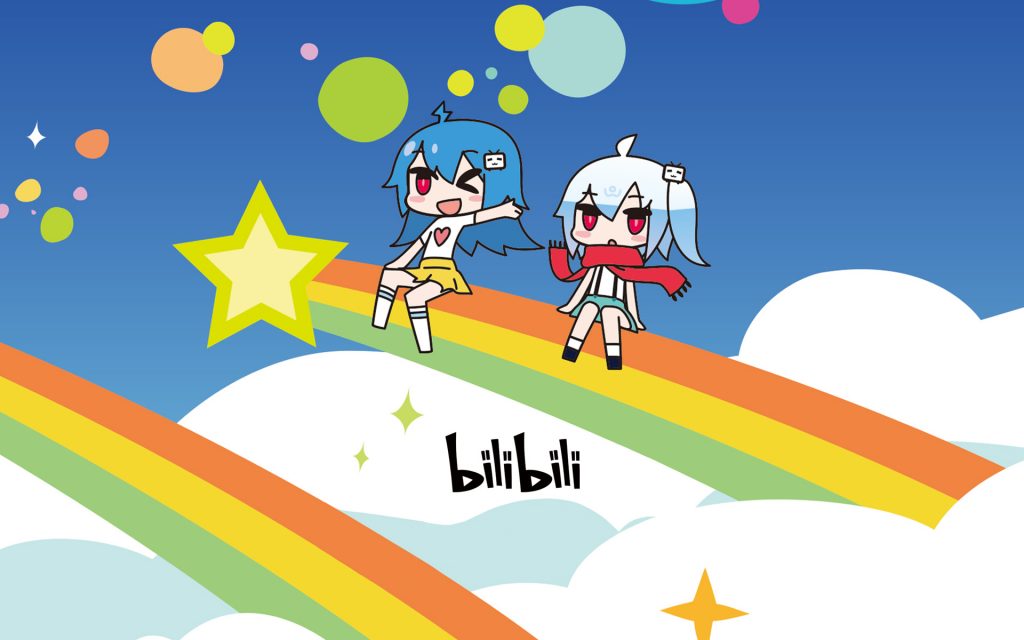
Photo: Official film still.
Despite a modest box office of 74 million as of July 23, 10 days after its release, Chinese animated film Dahufa has generated a lot of buzz online over its possible political metaphors, even drawing criticism from the influential Communist Youth League (CYL).
The film is “full of malicious political metaphors,” and it’s simply a strategy for higher ticket sales, said CYL in an article published on its official WeChat account last week. CYL used to be the training ground for future party leaders, but its prominence has waned in recent years. Nevertheless, it still remains a very influential and relevant authority among young people.
Malicious or not, many commenters said the film reminded them of contemporary China in many ways. In the film, the character named Dahufa, which means “the great law enforcer” in Chinese, is trying to save the prince he serves from Peanut Town. He gradually discovers the dark side of the seemingly nice and peaceful town: its residents, who look like peanuts, have no idea who they are or where they come from.

Official film still. Photo: Courtesy of Beijing Enlight Media Co., Ltd.
They are taught to keep silent and to hate outsiders. All they do is keep themselves alive and worship their creator, the Immortal Ji’an, who rules the town with violence and lies. What Peanut residents don’t know is that they will be killed by Ji’an for the seeds in their heads as soon as they mature.
Many commenters noted that the characters’ submission to authority as well as the tight restraint over their speech and their lack of control over their own destinies felt very familiar. It was surprising to many that this film could pass muster with government censors to reach the theater.
The film arrives at a time in which China’s censorship over the entertainment industry has been growing tighter. The day before the film’s release, almost all foreign films and TV shows were taken down from popular Chinese video streaming sites Bilibili and Acfun (they have not yet been put back online). A month earlier, a large number of entertainment accounts on WeChat were shut down for being too “vulgar.”
Lucky for “Dahufa,” thus far, CYL’s criticism has not had any negative repercussions. On the contrary, some suspect the criticism might have encouraged more people to watch the film.







